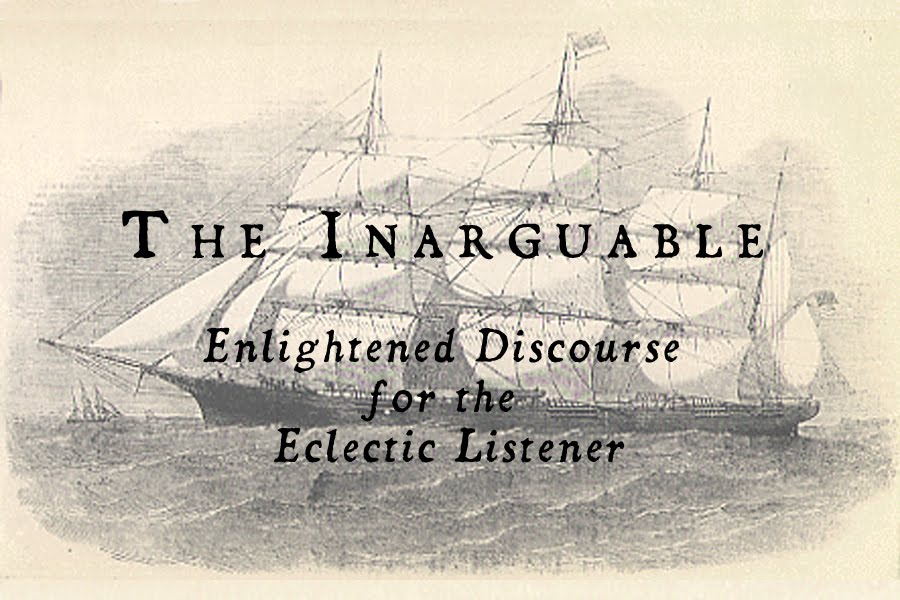In Southern California, in this mid-September heat, in this next to last gasp, I can't wait for autumn. My girlfriend is kind enough to remind me that even as autumn arrives, here, it doesn't really arrive. (The cold is a Southern California cold; the changes are, apparently, miniscule.) She reminds me that I have to, instead, grasp at, and hold on to, autumnal states of mind. She reminds me that I need to feel my life with autumnal things. Perhaps its fitting, then, that I'm beginning to finally turn back to Mark Przybylowski's phenomenal early summer release, Lonely House.
Przybylowski is a multi-instrumentalist (double-bass, cello, guitar, voice), working out of Philadelphia. As best as I can determine, Lonely House is his first recorded solo work.
Lonely House is divided into 7 separate compositions, and, if I'm to believe the song titles, they carry forward a fragile narrative. "Slow Winter," the first song, is reminiscent of the seemingly endless window gazing that happens around the house durning the last months of winter, looking out not at the excitement of snowfall, but at the continued presence of dirty ice, set and reset, and bare trees. The song carries within itself the dullness of any season that has lasted too long, and is realized in the slow beauty of Przybylowski's guitar and cello. "Lonely House," the titular track, is a slow composition for guitar and double-bass. While there is a slight jazziness to the composition, much of "Lonely House" brings Jandek, that other lonely house musician, to mind, as if Przybylowski was, in these moments, his melodic brother. A subtle layer of voices carry the song to a close. Suffice it to say, "Sunday" sounds like a hymn stretched to its limits, drawn out into slow the beauty of its structure and melody. "Blank Walls" is largely carried forward in an ethereal layer of voices. It is, perhaps, the fullest composition on Lonely House, in that you hear Przybylowski playing all instruments, almost waltz-like, almost verging on the best that Rachel's accomplished. "Lamentation" is almost too reminiscent of Bach's "Prelude No. 1 in C Major." Yet, Przybylowski builds, adding cello and double-bass. Simply, this song most fully realizes the loneliness of the house: that is, the familiar made unfamiliar, and the space that surrounds it all. Perhaps most forcefully, here, the very much home quality of the recording adds to, rather than detracts from, the perceived content. "The Pain" is perhaps the jazziest recording on Lonely House, but as before, it is a slow jazz, and a cold jazz, played as though convinced of its warmness. It ends, lingering with itself, almost slowed to a crawl. The final track, "Rejoice," is the shortest on the album. Largely cello driven, and almost hymn like, it is fittingly (if realistically) redemptive end to Lonely House. The house may remain, the loneliness too, but there is some consolation in the swaying melody, and in the rich tones, pulling.
Of all the minor releases this year, Pryzbylowski's Lonely House is surely one of the most deserving of the audience it should, but never will, get. If you wish to seek it out, either to listen or to buy, you will find it here.
--Nathan


No comments:
Post a Comment